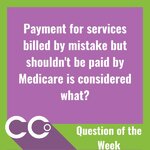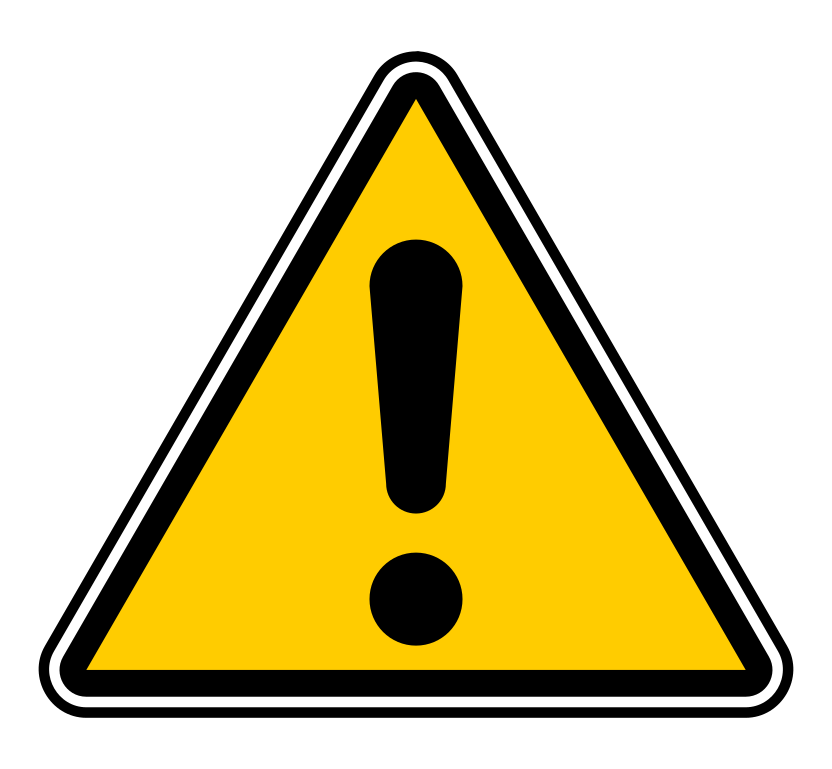
ABUSE- Payment for items or services billed by mistake by providers but should not be paid for by Medicare.
The Centers for Medicare & Medicaid (CMS) cites five major categories of improper billing:
Fraud defined
While Medicare fraud contributes to improper payments, not all improper payments constitute Medicare fraud. While Medicare fraud is done intentionally, erroneous billing results in the same consequences-overpayment-even though unintentional.
Medicare fraud is more than simply submitting false claims or making misrepresentations to obtain payment that would not otherwise occur. Medicare fraud can occur in any size institution ranging from solo practices to large institutions. Fraud can be committed by a wide range of individuals from the patients to the physicians. Medicare fraud committed by the provider includes:
Medicare abuse includes practices that directly or indirectly result in unnecessary costs to the Medicare program. Abuse includes practices inconsistent with providing a patient with medically necessary services that meet professionally recognized standards. Medicare abuse can be committed in many of the same ways as fraud.

 www.medicaleconomics.com
www.medicaleconomics.com
The Centers for Medicare & Medicaid (CMS) cites five major categories of improper billing:
- no documentation,
- insufficient documentation,
- lack of medical necessity,
- incorrect coding, and
- other.
Fraud defined
While Medicare fraud contributes to improper payments, not all improper payments constitute Medicare fraud. While Medicare fraud is done intentionally, erroneous billing results in the same consequences-overpayment-even though unintentional.
Medicare fraud is more than simply submitting false claims or making misrepresentations to obtain payment that would not otherwise occur. Medicare fraud can occur in any size institution ranging from solo practices to large institutions. Fraud can be committed by a wide range of individuals from the patients to the physicians. Medicare fraud committed by the provider includes:
- billing for appointments that the patient failed to keep,
- billing for services not provided,
- upcoding,
- billing for unnecessary services or items.
Medicare abuse includes practices that directly or indirectly result in unnecessary costs to the Medicare program. Abuse includes practices inconsistent with providing a patient with medically necessary services that meet professionally recognized standards. Medicare abuse can be committed in many of the same ways as fraud.

Medicare fraud and abuse
Compliance programs to protect your practice, staff and patients.


